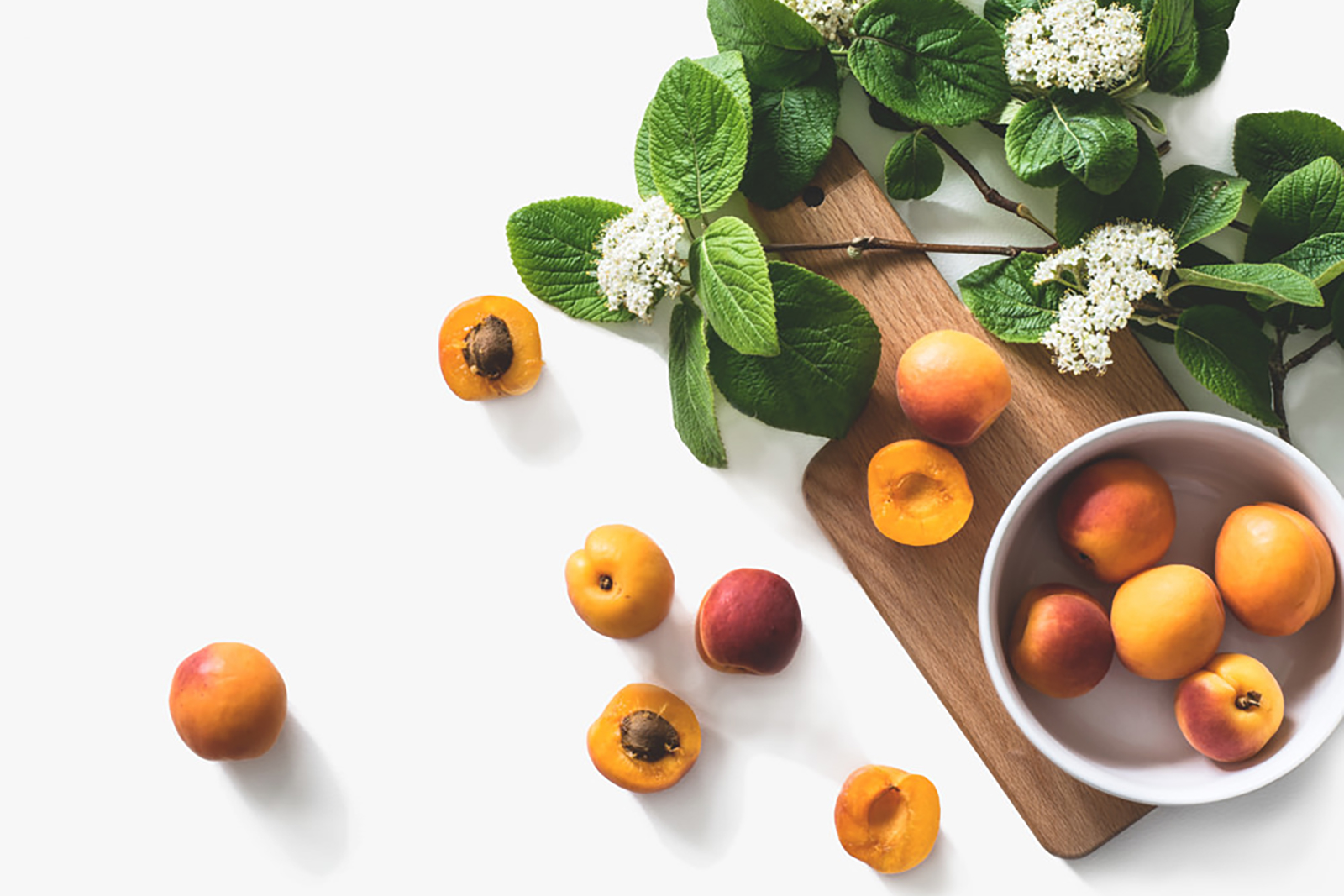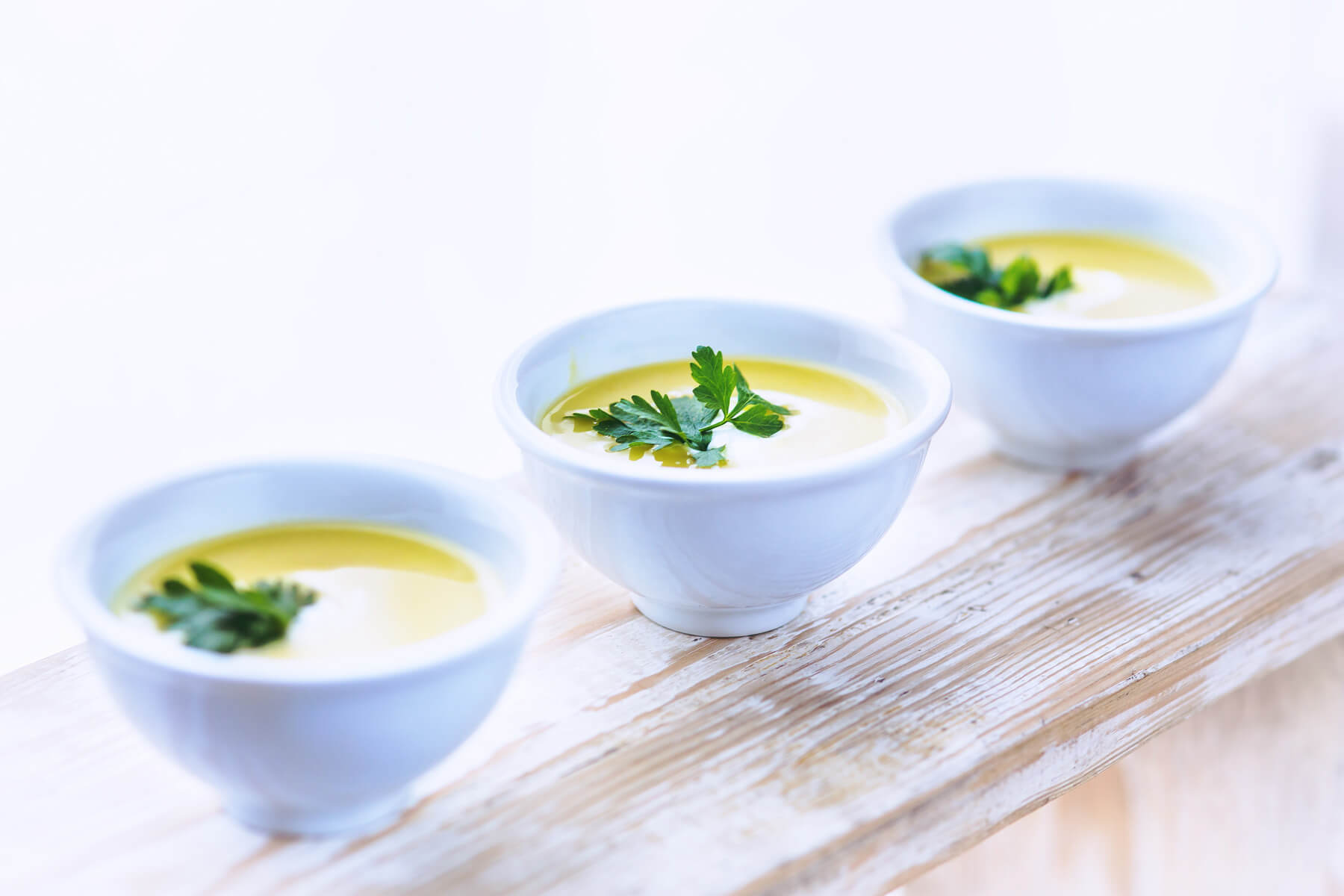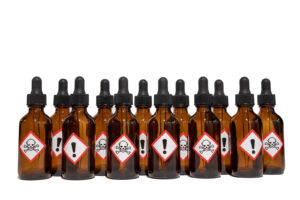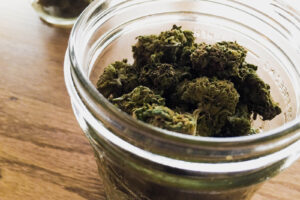Maintaining good nutrition is especially important during cancer treatment. The disease and its treatments can change how you taste, swallow, or chew your food, and can temporarily change how your body processes food. Here are some common side effects of various cancer treatments and nutritional tips to help you overcome them.

DRY MOUTH
- Sip liquids frequently to moisten the mouth
- Tart or sweet foods and drinks can help ease dryness
- Suck on hard candy or popsicles
- Chew gum
- Eat food with gravies and sauces for easier swallowing
- Puree foods before eating
- Ask your doctor about artificial saliva
CONSTIPATION
- Increase fiber intake
- Drink warm beverages
- Engage in light exercise, which may also stimulate the appetite
- Ask your doctor about a stool softener
DIARRHEA
- Limit your intake of fiber, high-fat foods, sugar-free items, and dairy products
- Drink lots of fluids
- Increase your sodium and potassium sources
CHANGE IN TASTE OR SMELL
- Eat foods cold or room temperature
- Rinse your mouth with water, lemonade, or ginger ale to decrease bitter tastes
- Find protein alternatives
- Try a variety of foods
- Experiment with seasonings
TUBE FEEDING
- To make sure you’re getting adequate nutrition during cancer treatment, your doctor and dietitian may recommend a feeding tube. A feeding tube is a small, flexible plastic tube that will help your body get the protein, calories, vitamins, and fluids it needs.
NAUSEA OR VOMITING
- For foods with a strong smell, like broccoli, try eating them cold or room temperature
- Avoid your favorite foods: If you decide to eat them and get nauseous, you may forever associate that food with feeling sick
- Eat dry crackers or toast
- Avoid fatty, greasy fried foods
- Drink liquids between meals rather than with food
- Avoid tight clothing
- Keep a log of when you become nauseous—it may help determine what’s making you sick
- Tart foods or beverages can help settle the stomach
- Ask your doctor for anti-nausea medication
LOSS OF APPETITE
- Eat small meals, more frequently
- Take advantage of times when you’re hungriest, usually in the morning
- Engage in light exercise to stimulate appetite
- Keep ready-to-eat foods on hand at home and on the road
- Drink nutritional shakes like Ensure® or Carnation Breakfast Essentials®
- If you just can’t bring yourself to eat, ask your doctor for appetite stimulants
LOW-FIBER DIETS
- If struggling with digesting foods, patients are often recommended to reduce the amount of fiber in their diet. Low-fiber diets put less stress on the digestive system, as it reduces the amount of undigested food passing through the bowels
- Try foods that decrease stress on the digestive system, such as:
- Tofu, fish, and tender cuts of meat (baked, broiled, or poached with mild seasonings)
- Eggs (try scrambled, poached, or boiled)
- Other soft foods like casseroles, puddings, and smoothies
- Dairy can be tough for patients to digest, so try moderating your intake of milk, plain yogurt, cottage cheese, and ice creams
- Despite your instinct to be extra healthy, white bread, pasta, white rice, and cereals without whole grains or added fiber can be easier to digest than whole wheat alternatives
- Well-cooked vegetables such as sweet or white potatoes without skins will be most comfortable to consume; if it’s tough to digest vegetables, try strained vegetable juices without pulp
- Be sure to avoid all legumes, such as beans, peas, lentils, and peanuts, which are especially tough to digest. Avoid processed or tough meats, brown or wild rice, whole wheat products, cornbread, bran, nuts, granola, coconut, dried fruit, and seeds. Raw or steamed vegetables will be hard to digest, along with potatoes with skin, corn, cabbage, broccoli, cauliflower, Brussels sprouts, and greens







